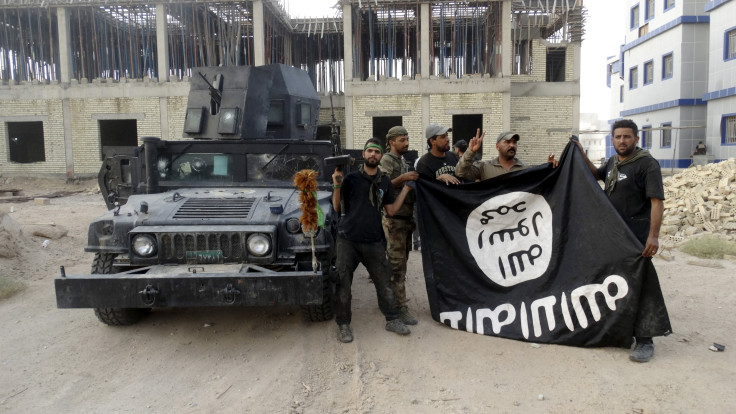Islamic State Group In Afghanistan: ISIS Growing Outside Of Syria And Iraq, Pentagon Report Finds

As the Islamic State group finds itself increasingly pushed out of Syria and Iraq amid U.S.-led airstrikes, the terror group’s presence in Afghanistan has grown stronger over the second half of this year, according to a Department of Defense report released Tuesday. The Congressional report also outlines how the Taliban remains a significant military force in the country and has continued to cause the Afghan National Defense and Security Forces (ANDSF) considerable problems.
“The Islamic State of Iraq and the Levant – Khorasan Province has progressed from its initial exploratory phase to a point where they are openly fighting the Taliban for the establishment of a safe haven and are becoming more operationally active,” the report said, using an alternate name for the terror group.
ISIS unleashed its first attacks on Afghan forces in September, targeting 10 check points in the Achin district of Nangarhar province, said the report. The terror group also admitted being behind an explosion that took out a United Nations vehicle in September.
Pentagon: ISIS growing stronger in Afghanistan https://t.co/TCQLxL9fZ5 pic.twitter.com/b9Dutwopn4
— The Hill (@thehill) December 15, 2015
While there had been no direct attack on the small coalition of U.S.-led troops in the country, the report warns that “the group’s recruitment of experienced fighters and commanders could increase its capability to do so over at least the next year."
The report also outlined an increase in Taliban attacks from Jan. 1 to Nov. 16, noting 28 high-profile attacks in Kabul alone, an increase of 27 percent over the same period a year earlier.
“In the second half of 2015, the overall security situation in Afghanistan deteriorated with an increase in effective insurgent attacks and higher ANDSF and Taliban casualties,” the report said. “Though the insurgency remains resilient, the Afghan government remains in control of all major population centers and continues to deny the Taliban strategic ground throughout the country.”
It’s thought, according to the report, that the country’s forces are willing to learn from military mistakes, but that weak leadership and logistics was still hampering efforts.
“A number of initiatives are underway to move the ANDSF towards a more offensive-oriented strategy grounded in intelligence-driven operations,” the report reads, “but to-date, these efforts have limited buy-in from some ANDSF and provincial leadership.”
© Copyright IBTimes 2025. All rights reserved.






















